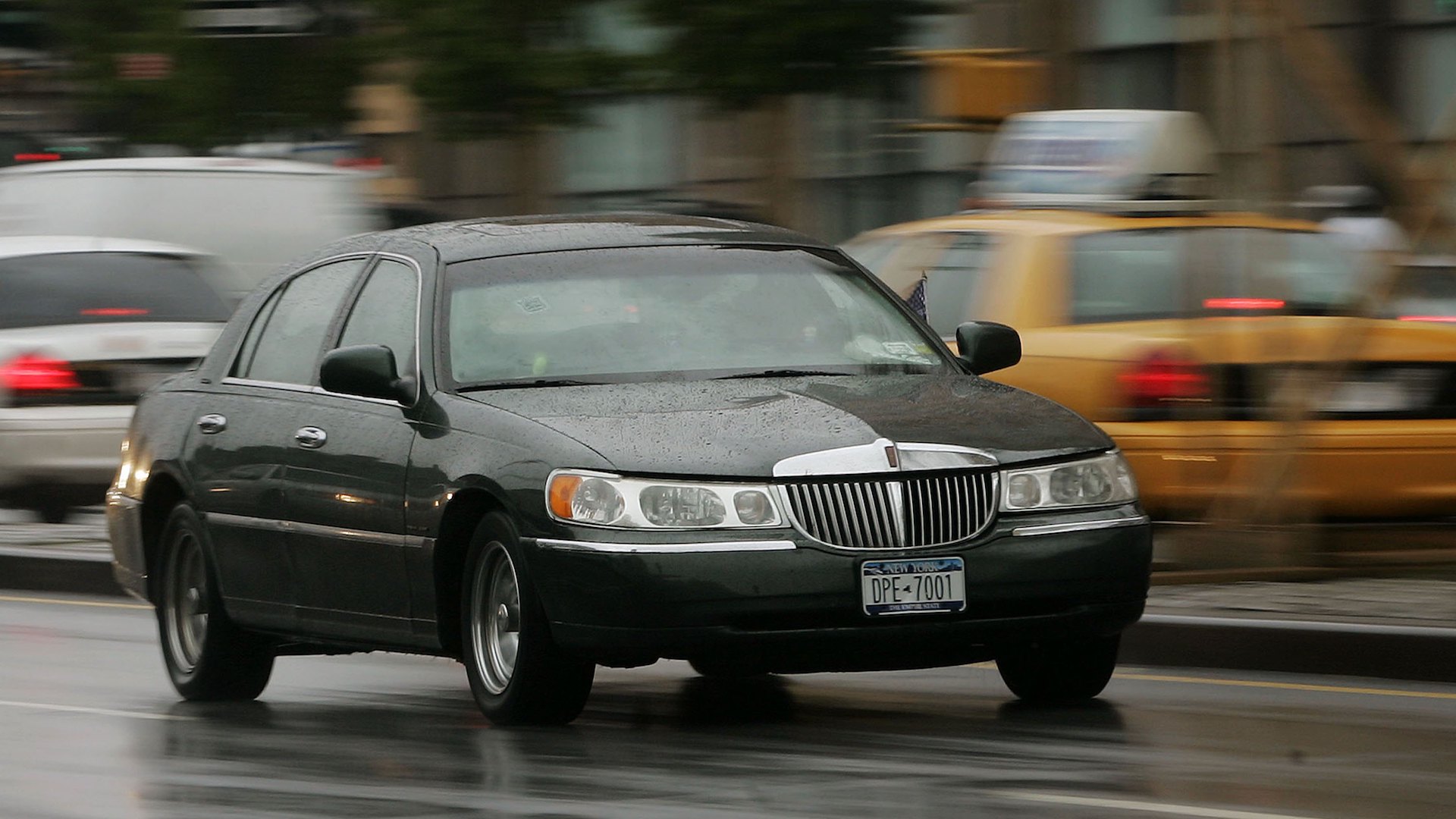

A New York state regulator has ruled that some Uber drivers should be considered employees, at least for the purposes of unemployment insurance. The New York State Unemployment Insurance Appeal Board ruled in favor of three former Uber drivers that filed a lawsuit after unemployment insurance claims they made in 2016 didn’t go through, reports Politico. Drivers hope it will set a precedent for freelance workers in the so-called “gig economy.”
Uber and other companies operating in the gig economy claim their workers are independent contractors, not full-time employees, and thus aren’t entitled to benefits like unemployment insurance. This business model reduces costs for companies and Uber has said that it benefits drivers by giving them more flexibility. But many drivers treat working for Uber like a full-time job, leading to calls for driver benefits.
The ruling applies to three drivers who filed the suit, as well as “similarly situated” drivers, according to New York’s labor department. While “similarly situated” was not well defined in the ruling, drivers are hailing the decision as a big victory.
“We won and they lost,” New York Taxi Workers Alliance executive director Bhairavi Desai said in an interview with Politico. The group believes the decision will be “broadly precedential,” and Desai said it creates “the first bona fide safety net for drivers in this economy.” It could also have major financial ramifications for Uber and other companies using similar business models.
Uber has the right to appeal the decision, a state labor department spokeswoman told Politico, but if it doesn’t, the company will have to start making unemployment-insurance contributions for the affected drivers. If the decision proves to be as “precedential” as the Taxi Workers Alliance believes, Uber could be forced to offer more benefits to drivers, increasing costs.
If Uber drivers were classified as employees rather than independent contractors, the ride-hailing company would be the largest for-profit employer in New York City, according to a recent report commissioned by the city government. New York City’s Taxi and Limousine Commission is also considering new rules that would raise average driver pay, but Uber does not appear concerned about any wide-ranging consequences from the ruling.
“We disagree with this ruling and are reviewing our options,” an Uber spokeswoman told Politico. “We are confident that the ruling uniquely applies to the three claimants because many of the practices cited in the opinion never applied to one or more of the claimants, are no longer in place, or never existed at all.”
The ruling upholds a 2017 finding by an administrative judge, arguing that “the overriding evidence establishes that Uber exercised sufficient supervision, direction, and control,” over the three drivers filing the lawsuit so as to create an “employer-employee relationship.”